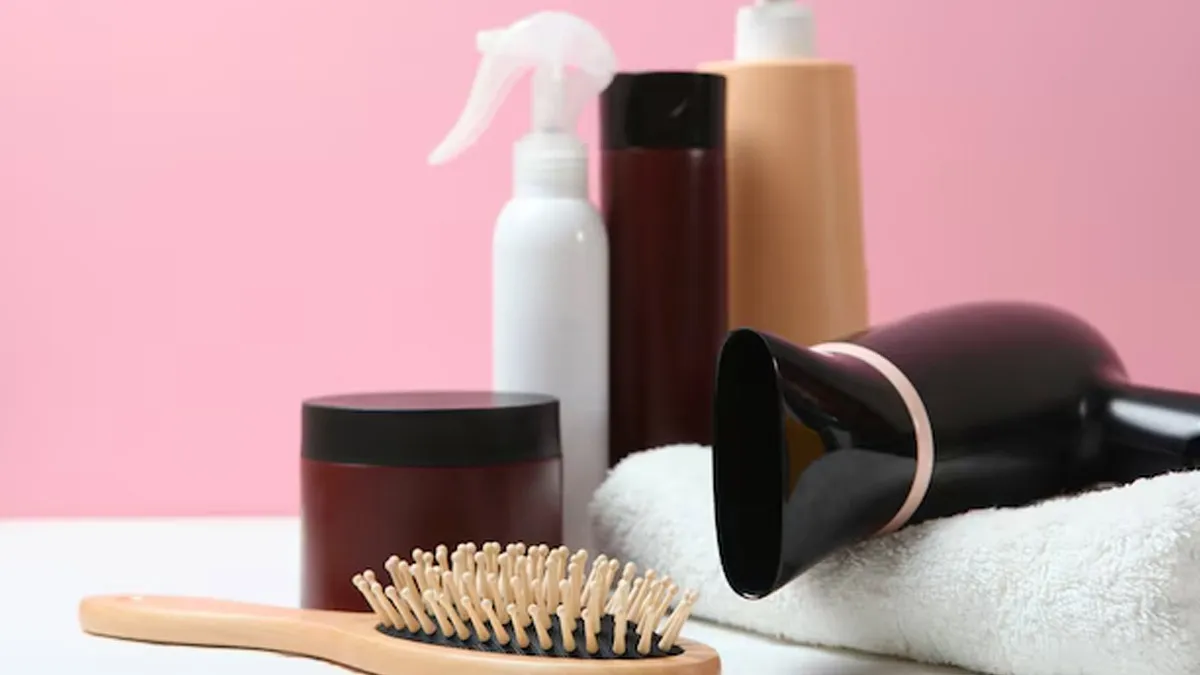
Having healthy, glorious hair requires more than just frequent washing. With so much of the beauty market overflowing with shampoos, conditioners, serums, and styling products to choose from, you may feel overwhelmed and wonder if you need multiple hair products to keep your tresses healthy and bouncy. Less is oftentimes more for a healthy hairstyle on a smart budget.
Table of Content:-
We spoke to Dr Kashish Kalra, MBBS, MD, Dermatologist, Hair Transplant Surgeon, HOD, Max Hospital and Founder, Dr Kalra Skin Clinic, New Delhi, who shared a simple yet good haircare routine for your needs.
How To Build a Minimalist Haircare Routine
A minimalist haircare routine emphasises using only essential products tailored to your hair's specific needs and type. The aim is to keep the hair healthy while avoiding unnecessary chemicals and product buildup.
1. Choosing the Right Shampoo
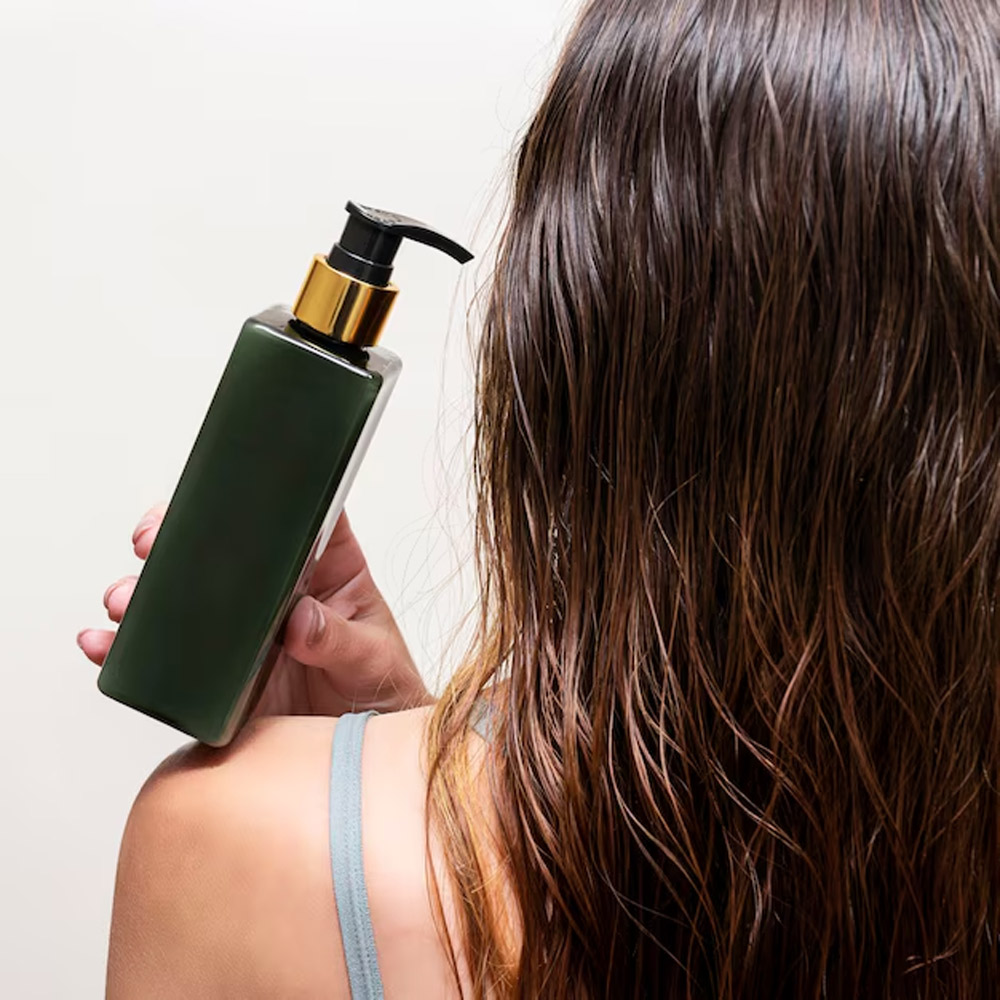
“The initial process in any hair care routine is choosing a shampoo compatible with your hair type. The type of shampoo you use makes a big difference in the health of your hair,” said Dr Kalra.
- Dry Hair: Use moisturising or hydrating shampoos that replace moisture and inhibit dryness further.
- Oily Scalp: Try antifungal shampoos that assist in managing excess oil and keeping the scalp healthy.
- Sensitive Scalp: Use sulphate-free shampoos that are not harsh and will not irritate.
A general rule is to not over-wash, as it removes natural oils and causes the scalp to release even more oil as a reaction.
2. Conditioning Your Hair
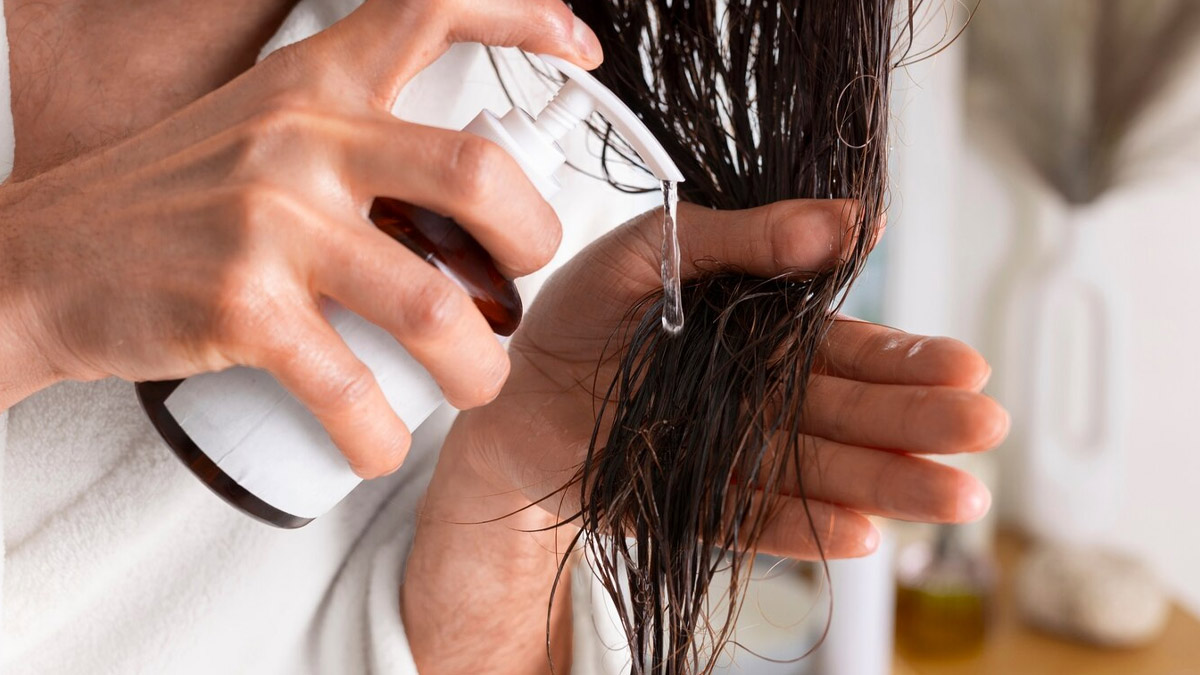
“Conditioning is necessary to maintain hair soft, manageable, and tangle-free. However, using the appropriate kind of conditioner is just as important,” advised Dr Kalra.
- Dry, frizzy hair needs to be treated with hair masks or leave-in conditioners that provide long-lasting moisture.
- Keep in mind that conditioner should only be applied to the hair strands, not the scalp. It is intended to hydrate the hair strands, similar to how a moisturiser hydrates your skin.
Also Read: Dermat Shares The Best Way To Utilise Greek Yoghurt For Hair Growth and Density
3. Hair Growth Serums
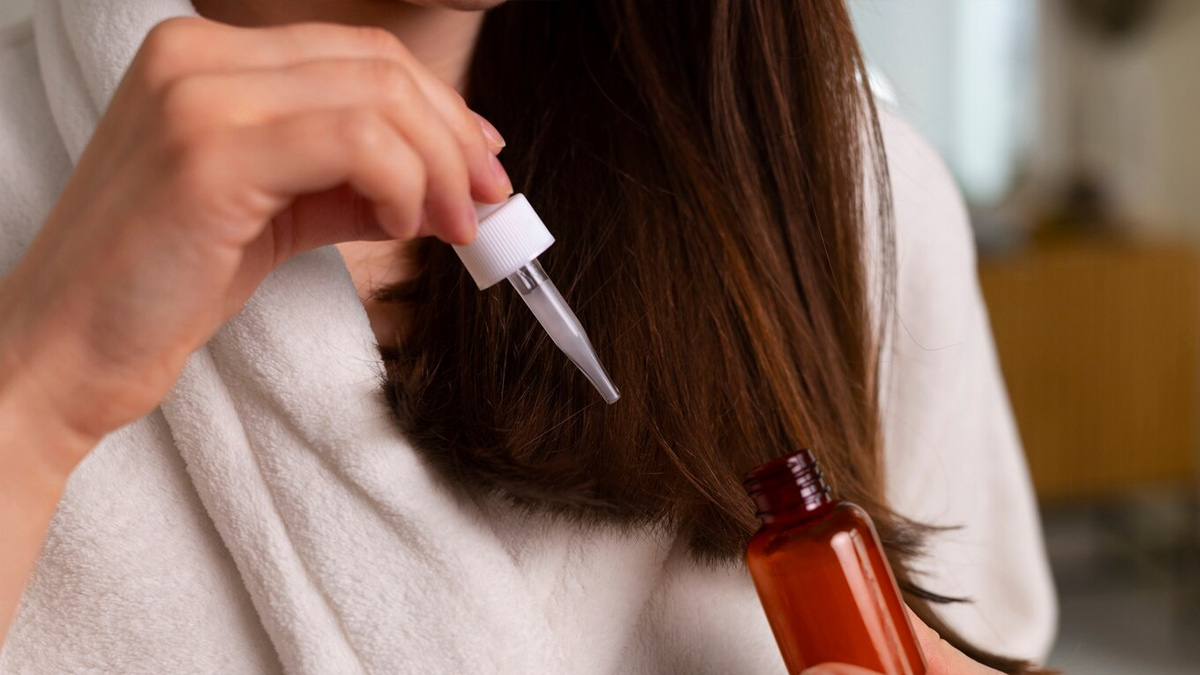
If hair loss or growth is an issue, hair growth serums can be a good solution.
- Opt for peptide-based or plant extract-based serums to promote hair growth naturally.
- In cases of baldness or severe hair thinning, medicated minoxidil serums may be recommended.
- These serums are generally applied to the scalp at bedtime and can be left on without being washed.
4. Hair Wash Frequency
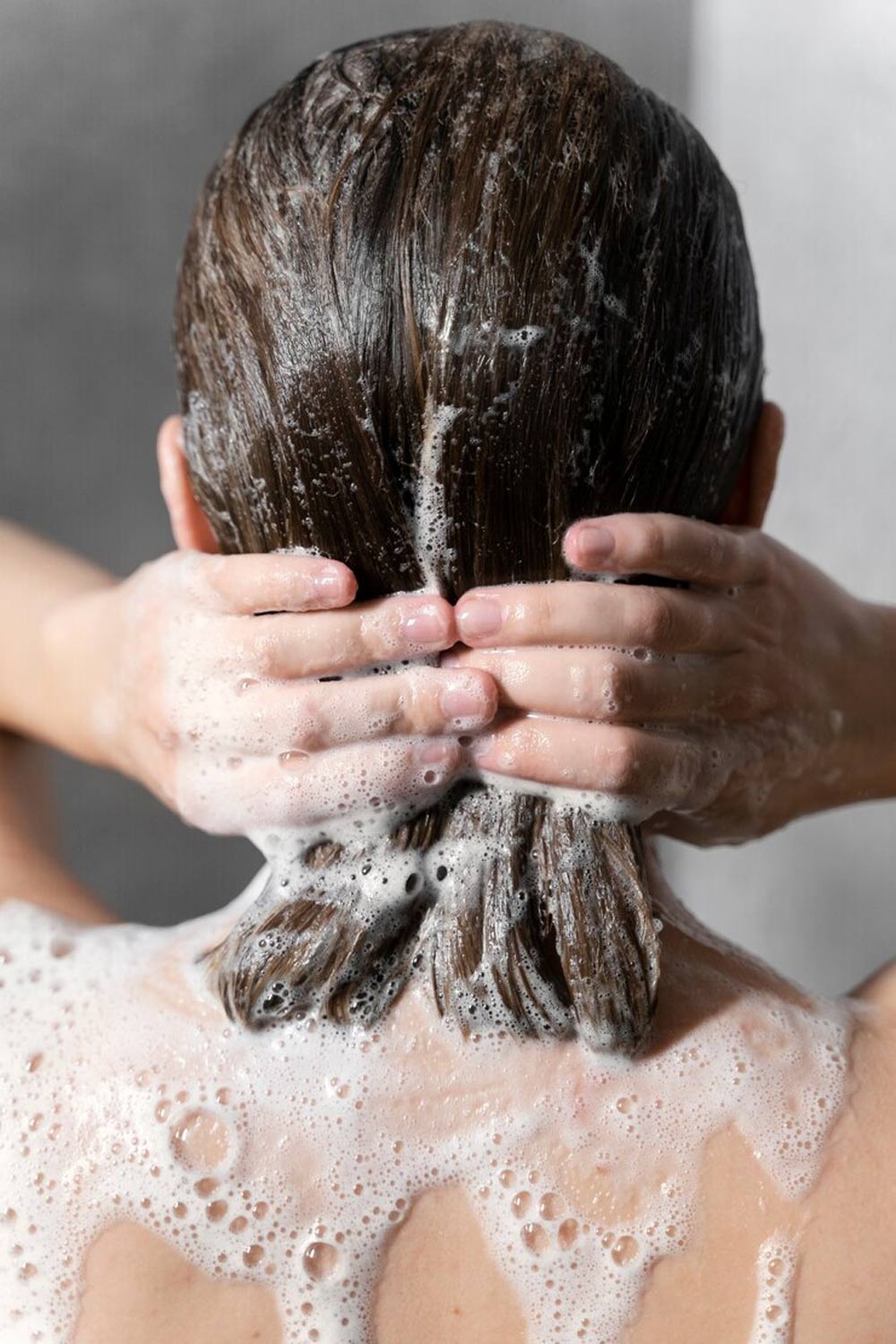
The frequency of washing hair is based on your scalp type:
- Oily scalp: Daily or alternate-day shampooing.
- Normal to dry scalp: Washing hair twice or three times a week.
Also Read: Are Your Hair Products to Blame for Breakouts? 7 Telltale Signs to Watch For
5. Styling Products: Use with Caution
Gels, waxes, and straightening creams are unnecessary for everyday hair care. However, they can be used occasionally to achieve specific hairstyles.
- People with curly hair may apply styling products to straighten curls.
- Avoid excessive use of styling products as they may cause product buildup and hair damage.
- Steer clear of wet combing as it weakens hair and causes breakage.
- Reduce blow drying to avoid damage to hair and dryness.
- Don't tie your hair too tightly, as it can cause traction alopecia and thinning of the hair.
Bottomline
Dr Kalra concluded, “A good hair care routine does not necessarily mean using multiple products. Pay attention to selecting the right shampoo, conditioning, and using hair growth serums when needed.”
[Disclaimer: This article contains information provided by an expert and is for informational purposes only. Hence, we advise you to consult your professional if you are dealing with any health issue to avoid complications.]
Also watch this video
How we keep this article up to date:
We work with experts and keep a close eye on the latest in health and wellness. Whenever there is a new research or helpful information, we update our articles with accurate and useful advice.
Current Version